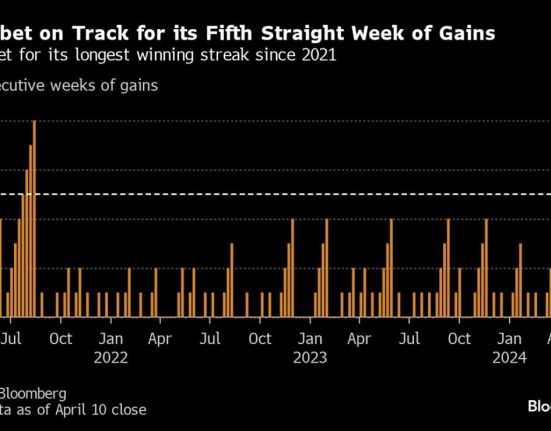Millennials first entered the personal finance scene “walking around like they rent the place.” They rebranded having roommates as “co-living.” Now, we have Gen Z and frankly, anyone on social media, rushing to develop new financial vernacular that generally just reinvents well-worn concepts.
Doom spending, a much more financial existentialist-rooted version of retail therapy, quiet luxury (stealth wealth) and loud budgeting (spending less than you earn) are not new phenomena. But in a world where everyone is vying for attention by trying to make new phrases go viral, is this just a harmless “rebooting of the playlist” (did I do that right?) or is there a downside to emphasizing buzzworthiness over substance?
It’s akin to trending audio on short-form videos that you’ve undoubtedly experienced if you use Instagram (reels and stories), YouTube (shorts), and TikTok. The same audio clips are repurposed by different creators across genres because it seems to work to grab our attention. When the reused audio is music, the draw might be the catchiness of the tune that gets us to watch more of the creator’s videos.
But when creators use a voice audio clip, such as an exchange of dialogue between two characters from a movie, we like the creativity of seeing how they can apply it to different settings. And we will be drawn to the same trending audio across multiple creators for a spell. The commonality is that any type of trending audio is fleeting. After a while, everyone moves on to the next trend.
Tautologically, the term “term coiner” was coined to describe the trend on social media where people want to create new phrases that go viral. Come up with a clever rebranding of an existing concept and you get your 15 minutes. According to Google’s Search Trends tool, “girl math” reached the height of search popularity in the last week of September, 2023. Fast forward to the end of 2023 and its relative search popularity was down more than 90 per cent.
So on one hand, it seems that everyone wants to “make fetch happen,” and occasionally something sticks. But on the other hand, there’s a risk that this relentless pursuit of the new can lead to a dilution of meaning and a kind of financial “fast fashion,” where ideas are rapidly consumed and just as rapidly discarded.
Loud budgeting might be a great example to test the stickiness of the financial buzzword of the moment. While many might scorn the term because it’s a rebranding of a timeless personal finance concept, far more important is whether it will lead enough people to make a long-term trajectory change in their financial management. I suspect it will for some, while for others it will end up in the virtual graveyard of financial buzzwords along with girl math.
Overall, the term-coining trend can be a net positive for some. Using humour and creativity can make financial concepts more approachable to younger generations. It could serve as the entry point to more meaningful, deeper financial education that can help individuals navigate the financial world.
With a fuller understanding of personal finance, one might decide that a little retail therapy, or doom spending, in moderation might be a perfectly acceptable strategy to balance the mental stress of today with the happiness of their long-term, future self.
Preet Banerjee is a consultant to the wealth management industry with a focus on commercial applications of behavioural finance research.







